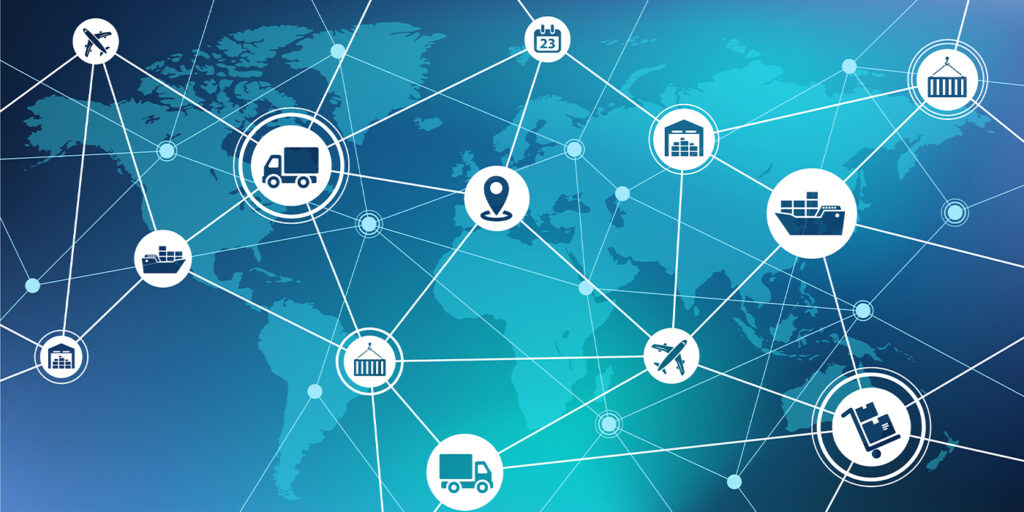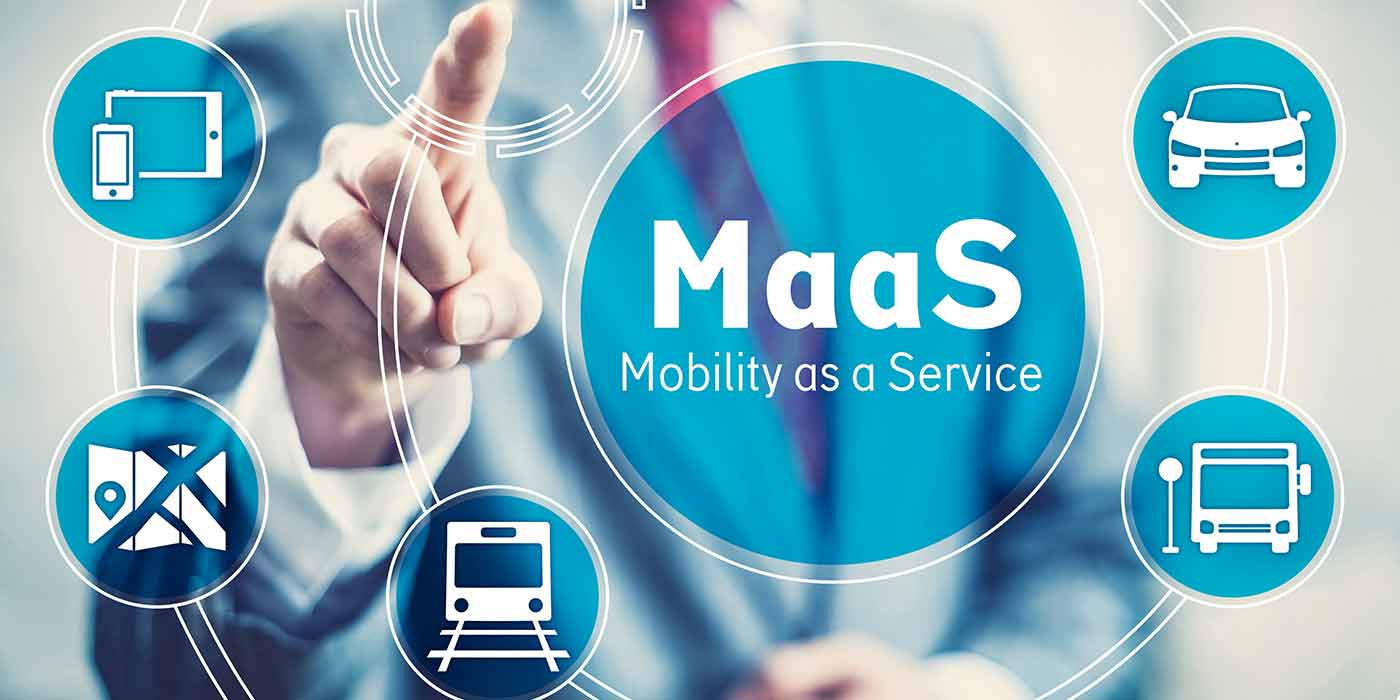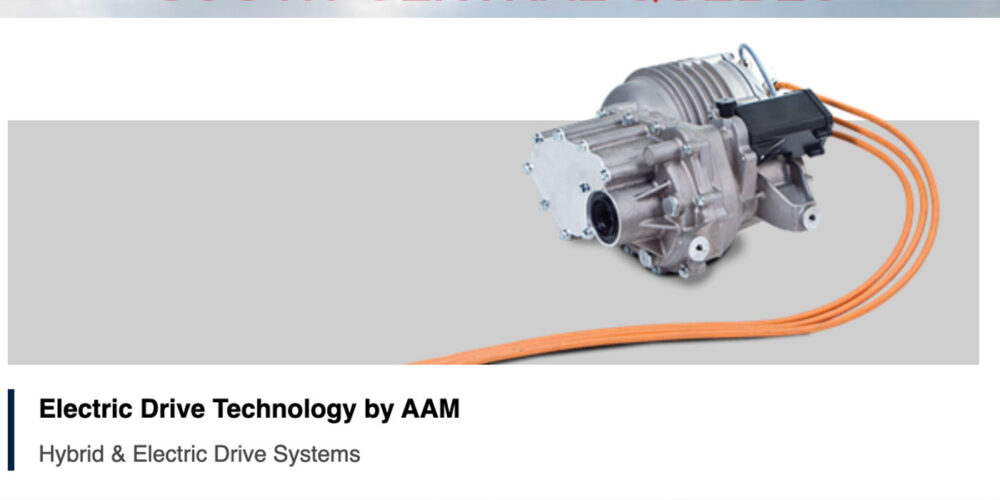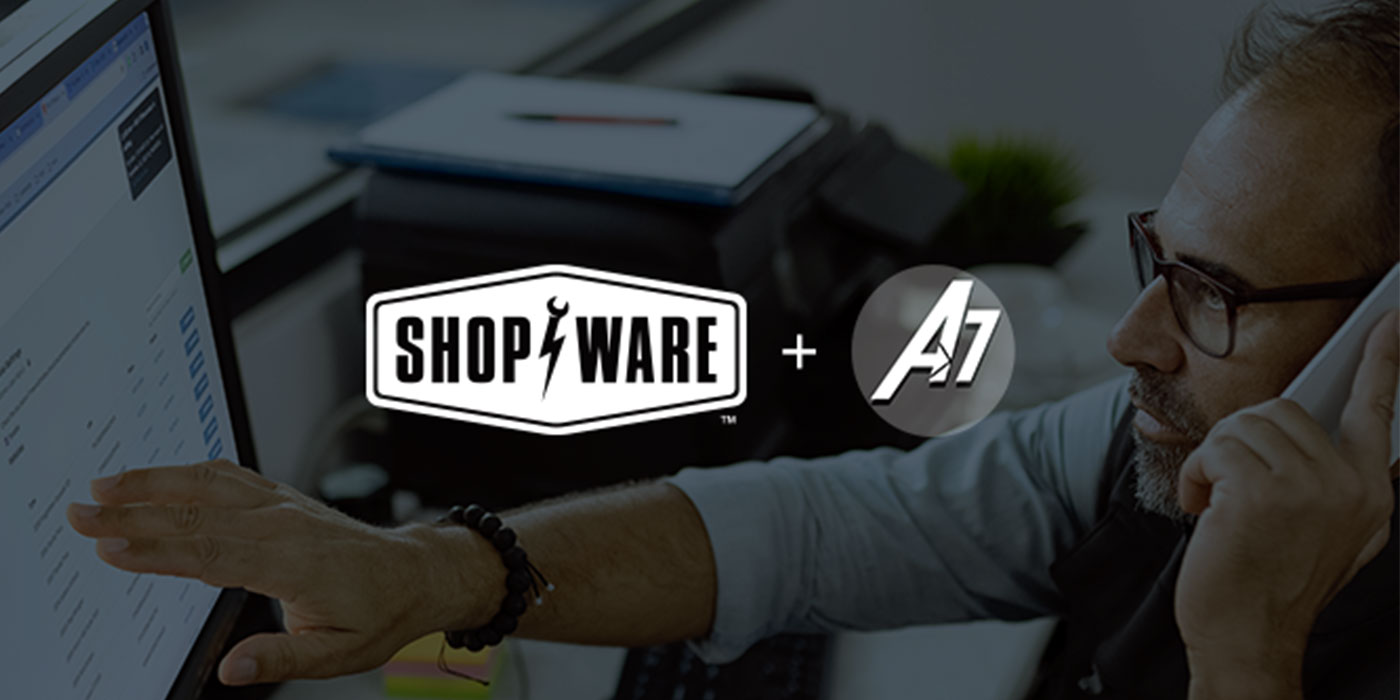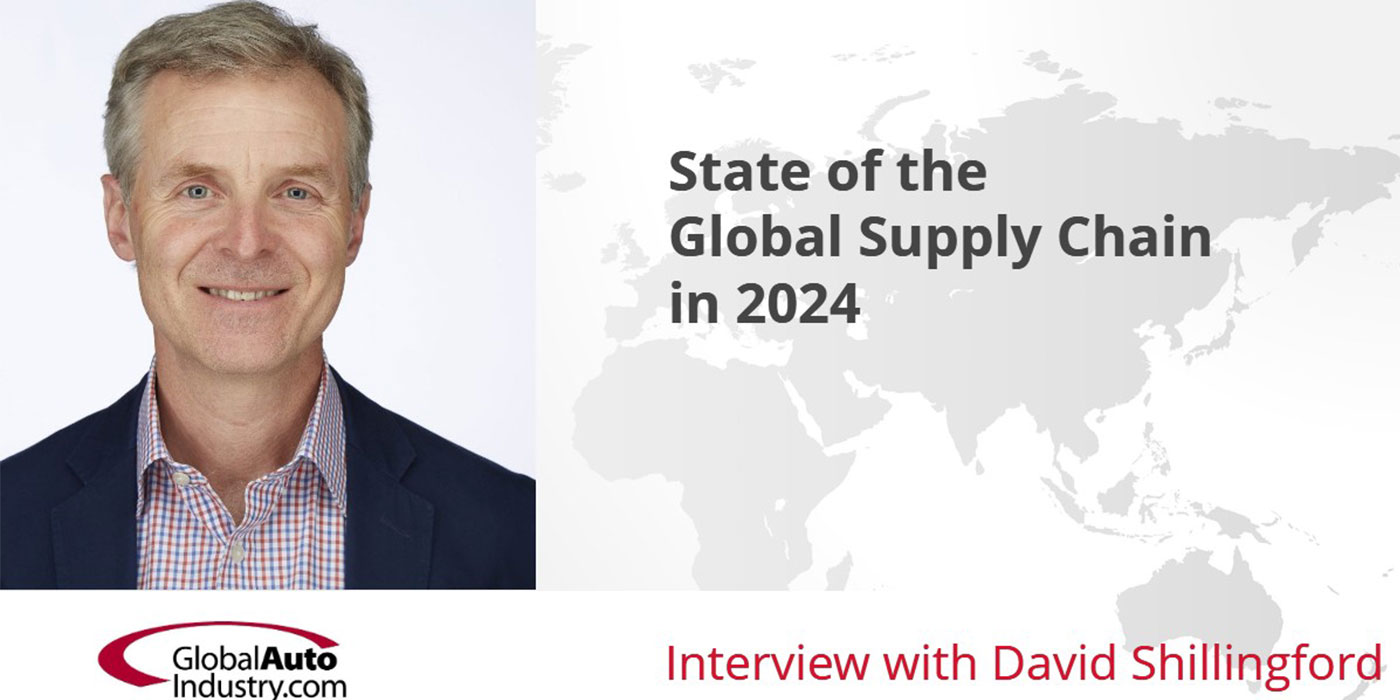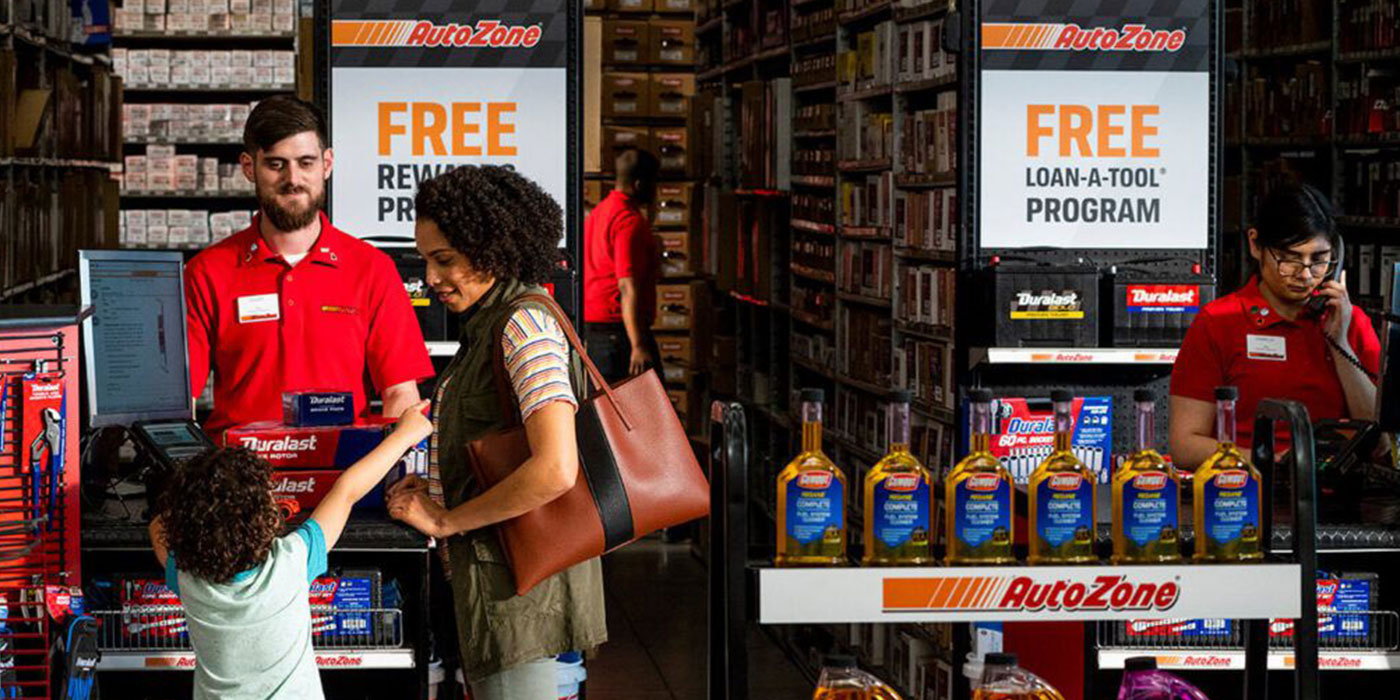This Herman Trend Alert details Part 1 of the reasons for the chaos and next week will cover how and when we may expect improvement. (Like the Energizer Bunny, this Herman Trend Alert just kept going and going. It has become too long for one Alert. Please come back next week for the second half of the story.)
The Big Picture
There are so many aspects of this issue to address that I hardly know where to start. Not only has the virus affected workers in the U.S., but elsewhere around the world in Vietnam, the United Kingdom, and China – to name a few countries – worker populations have experienced the devasting impact of this dreaded disease. The pandemic reduced demand and the markets responded; now that the demand is coming back, the supply chain is running hard to catch up. However, there are additional problems. For various reasons, the materials that were available before simply are not there now. Materials that manufacturers took for granted would be there are suddenly in short supply. To make matters worse, many employees have re-evaluated their work lives and quit their jobs. To make matters even worse, a high percentage were long-tenured employees, which means they took intellectual capital with them. When companies don’t have the raw materials and they don’t have the people to make the products and serve their customers, they have big problems – if they can stay in business at all. Many, particularly those that have taken their employees for granted – will not survive.
Backed Up Ports
As we go to press with this Herman Trend Alert, ports around the world are reducing their back-ups. The move to encourage ports to work 24/7 was a very good one and some ports are catching up. However, they had a long way to go. One short week ago, the ports of Los Angeles and Long Beach, California, were backlogged by more than two weeks, while the port of Savannah was dealing with a delay of a modest seven days. Like many blue-collar professions, the ranks of the longshoremen have been decimated by the COVID-19 Pandemic, and the workers who were not affected by the virus are exhausted from working longer hours.
The Why: Off-shoring and More
It started years ago when many companies decided they could drive more profit by manufacturing offshore. (In some cases, these companies had the audacity to bring the new supervisors and plant managers to U.S. to be trained by the U.S. folks they were replacing!) What many companies discovered was that they may have been saving some money, but they ended up with major headaches in the form of language barriers, different definitions of quality and significantly increased costs of transportation. When the pandemic hit, the U.S. discovered just how fragile its supply chain really is. It was a rude awakening. And now, making matters much worse, many workers simply do not want to take the jobs that employers are offering.
My Forecast: More Homeshoring and Lakeshoring
The COVID-19 pandemic highlighted the need for the U.S. to manufacture medical supplies, pharmaceuticals, ventilators and more domestically. My forecast is that we will see more manufacturers bringing their production back to the U.S. (homeshoring), looking specifically for markets with higher unemployment and a lower cost-of-living (lakeshoring). Not only will the U.S. economy benefit from this return, but the companies will discover there is less stress and more profit when they eliminate language issues and other challenges.
Special thanks to NBC News and Phil McCausland; to read the entire fascinating article, visit here.
Next Week’s Herman Trend Alert: The Story Behind Global Supply Chain Issues, Part 2
Next week, I continue this coverage with Part 2 which will feature categories of products that are in short supply as well as the path to a solution and when we may expect significant improvement.
*********
© Copyright 1998-2021 by The Herman Group, Inc. — reproduction for publication is encouraged, with the following attribution: From “The Herman Trend Alert,” by Joyce Gioia, Strategic Business Futurist. 336-210-3548 or http://www.hermangroup.com. To sign up, visit https://www.HermanTrendAlert.com. The Herman Trend Alert is a trademark of The Herman Group, Inc.”

